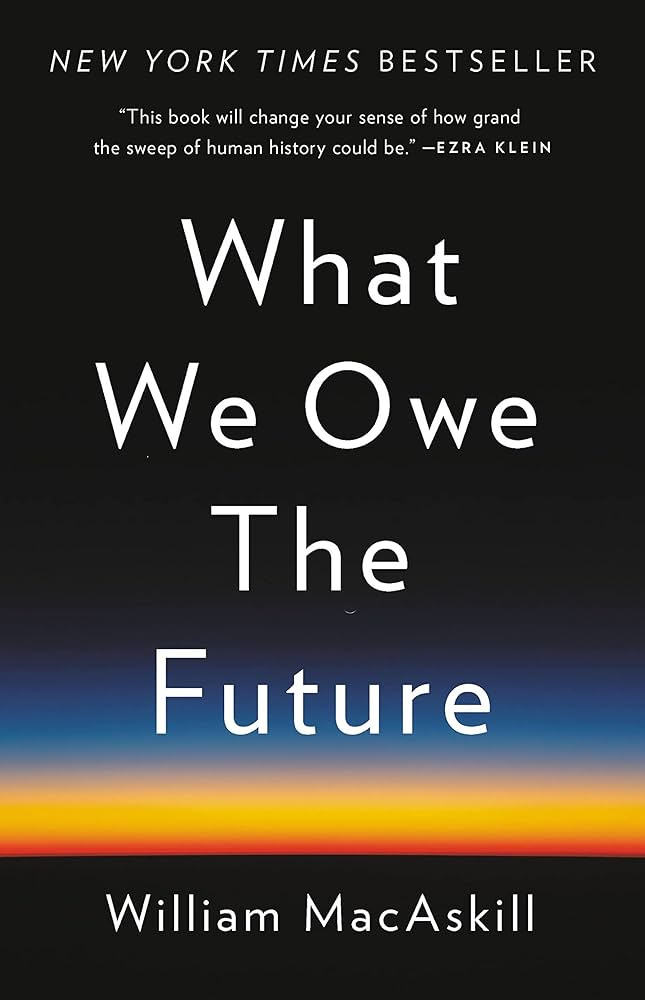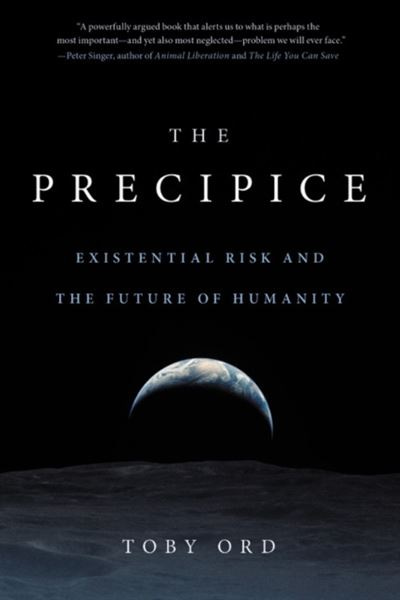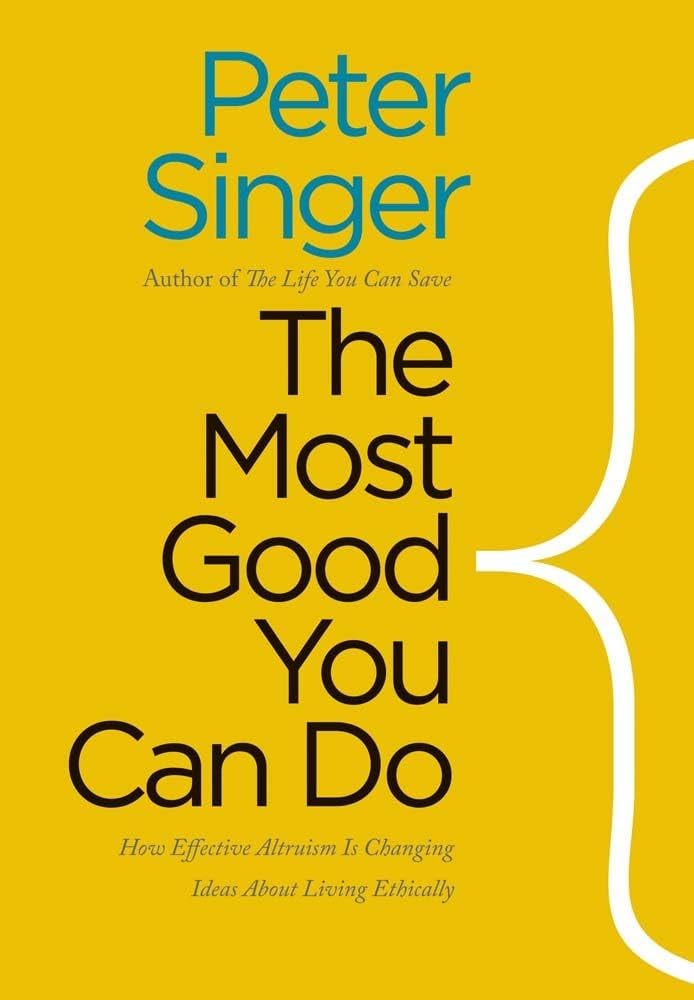If you follow me on Twitter, I’m sure that you’ve noticed that in the last couple of weeks I’ve been writing way more than usual about EA (effective altruism), maybe because a couple of months ago I didn’t even knew this movement ahah. I’m becoming a HUGE fan of this movement and also its founders (Toby Ord and William MacAskill, both professors at Oxford University). It’s so great to being able to very closely being evolved with this movement that is completely “build for the public” and its entire goal is to make YOU evolved, they have a lot of free courses and local meetups to discuss EA. EA is one of the few (and certainly more popular) moral movements that is very “updated” and its all view is very reconciled with the scientific progress (which is ofc great!!!!)
Introduction
Effective altruism is a moral movement that emerged around fifteen years ago (it’s not a fixe date), it has the single goal of doing the most good with your resources (this is normally very connected with charity that I’ll discuss further) and try to improve the world overall. It’s very important specifically nowadays to have a movement that not only tries to do the most good but also DEFINES what they mean by good. EA community has defined “this” good as whatever view of the good the individual adheres to (this is highly personal and by definition requires that one that is evolved in the community of EA, already has it leats a good moral impulse, that of course will have since this one is looking for a moral movement ahah). Another definition of “this” good is to do the most good on one very particular understanding of the good, such as total hedonistic utilitarianism (the main difference between effective altruism and utilitarianism is that effective altruism does not require that we sacrifice our own interests whenever doing so brings about a greater benefit to others) I think the trying to define “this” good is one very vibrant disagreement within the effective altruism movement, but it’s certain that it’s neither totally personal (in the way that EA can’t allow every good to count nor to restrict the entire movement by giving ONE definition of this good and what EA followers must perceive as good)
Longtermism
Effective altruism is extremely related with the concept longtermism, Longtermism is the ethical view that positively influencing the long-term future is a key moral priority of our time.
There are three main premises to consider about longtermism:
1 We should care about how the lives of future individuals go.
2.The number of future individuals whose lives matter could be vast.
3. We have an opportunity to affect how the long-run future goes
Here’s some explanations:
This explanation raises the question of why isn’t the concept of longtermism more widely known and acted on. I think one valid and possible answer is that the big picture of longtermism actually required a kind of very recent discoveries. In ancient times we had no idea of how much our actions could impact us long term because we were to worried surviving and living day by day. Am example is that, only very recently (in the late 20th century) that climate scientists really became aware of the huge long term effects of greenhouse gases, and that this gases can persist in the atmosphere for tens of thousands of years.
Of course that saying that positively influencing the long term future is a key moral priority doesn’t rejects that are a lot of morally good actions you can and should do! Also, imagine the world you could be living right now if our ancestors noticed the first impact of fossil fuels when they started being used, how much the world could be better, but this premise doesn’t say that the future is more important than the present, I completely reject that!
Unfortunately, longtermism itself doesn’t say anything about WHATS the best way of help the future generations in practice, I’m sure that a lot of research are happing regarding this, but I don’t found any promising study yet. Some people think that longtermism addresses that we should do more long term planning, it’s true, but I don’t think this is key factor, the best thing we can do to help future generations is to assume and deal with our most existential risks right NOW (ai, pandemics, climate change of course)
And it’s important not to get bogged down in the exact numbers. What matters is that there’s a reasonable possibility that the future is very long, and it could contain a much greater number of individuals. So how it goes could matter enormously.
“Those who come after us will have to live with the choices we make now. If they look back, we hope they’ll think we did right by them”
It also occurs to me, when thinking about some longtermism objections, that if want to actually change the long run, and the course of humanity, we need to do wayyy much than a group of people (effective altruism) trying to “do the most good” and thinking of the long term effect of their actions,
I think this is also a pretty good answer to the question “Isn't much of longtermism driven by tiny probabilities of enormous payoffs?”
I think this problem is specifically important to mitigate existential risks. Like, for example, We know, for instance, that the chance of an extinction-level asteroid colliding with Earth this century is very low, but because it would destroy humanity's entire future prospects, longtermists might want to recommend shoveling large amounts of spending into an asteroid defence system!
Concluding
It makes me extremely happy to know that new movements like effective altruism are emerging at a fastest pace and certainly that more and more people want to be better and make an overall positive impact. The human being overall tends to focus always in the bad feelings than in the good ones and we have an immense capacity of dealing with pain, I hope one day we can all live happy and be good and of course this doesn’t mean that we won’t feel bad, but yes that we will give more importance to the good than bad, you’re constantly remembered in a daily basis of the horrible stuff happing right now, and this will only generate more pain and regret, that’s why I just never really watch the news, excepting some commentators that I admire very much!
Books, TED talks and podcasts about the Effective Altruism community:
note: I didn’t YET read none of the books bellow but the three of them are widely known for its immense value and I’m really looking forward to read the three of them!
TED talk of William MacAskill (co founder)
TED talk or Peter Singer
“What we owe to the future” by William MacAskill (co founder)
“The precipice” by Toby Ord (co founder)
“The most good you can do” by Peter Singer
Podcast “Effective Altruism: an introduction” by 80000hours.org








Nice work writing about this brother. I think most people don't even know things like this exist. The fact that it was introduced to me by yourself is amazing. Come to think of it you got them a new follower. That's big.